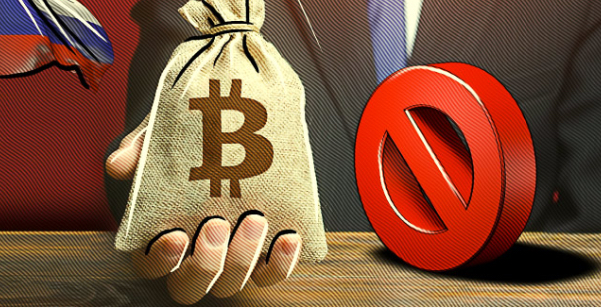Russia will begin this autumn by introducing a new bill called “On Digital Currency.”
Russian authorities have said that the DFA covers cryptocurrencies.
Russia’s President Vladimir Putin has approved a bill restricting the use of digital financial assets (DFAs) as a payment method inside the nation, according to the crypto page of the RBC business news site.
Additionally, UDRs (utilitarian digital rights) are subject to the same prohibition.
Law “On Digital Financial Assets,” which went into effect in January 2021, created the two legal titles. Russia has yet to regulate cryptocurrencies properly. In the past, Russian authorities have said that the DFA covers cryptocurrencies, whereas the UDR covers a wide range of tokens. Efforts to address regulatory deficiencies in Russia will begin this autumn by introducing a new bill called “On Digital Currency.”
Ruble is the Sole Legal Currency
Earlier this month, Anatoly Aksakov, chairman of the Financial Market Committee, submitted a bill to the Russian parliament’s lower chamber, the State Duma, which was then given a month to consider and vote on. Laws prohibiting the use of digital assets for payment have not been clearly stated in Russian legislation until now. However, “monetary surrogates” have been forbidden, and the ruble is the sole legal currency.
DFAs cannot be traded “for transferred goods, performed works, rendered services,” but the measure leaves the door open for circumstances when DFA payments are contemplated under other federal statutes. Rumored support in Moscow is growing for legislation allowing small-scale crypto payments with Russia’s international trading partners, despite financial limitations imposed due to Western sanctions over the invasion of eastern Ukraine.
DFAs cannot be used as a replacement for the Russian ruble as a payment instrument. Hence the legislation requires platforms that provide exchange services to refuse any transactions that might lead to DFAs being used as a payment substitute.

